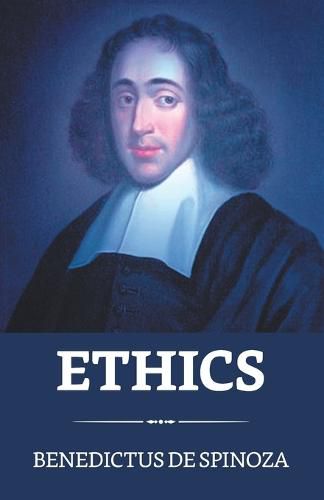Readings Newsletter
Become a Readings Member to make your shopping experience even easier.
Sign in or sign up for free!
You’re not far away from qualifying for FREE standard shipping within Australia
You’ve qualified for FREE standard shipping within Australia
The cart is loading…






This title is printed to order. This book may have been self-published. If so, we cannot guarantee the quality of the content. In the main most books will have gone through the editing process however some may not. We therefore suggest that you be aware of this before ordering this book. If in doubt check either the author or publisher’s details as we are unable to accept any returns unless they are faulty. Please contact us if you have any questions.
Benedict de Spinoza was among the most important of the post-Cartesian philosophers who flourished in the second half of the 17th century. He made significant contributions in virtually every area of philosophy, and his writings reveal the influence of such divergent sources as Stoicism, Jewish Rationalism, Machiavelli, Hobbes, Descartes, and a variety of heterodox religious thinkers of his day. For this reason he is difficult to categorize, though he is usually counted, along with Descartes and Leibniz, as one of the three major Rationalists.
$9.00 standard shipping within Australia
FREE standard shipping within Australia for orders over $100.00
Express & International shipping calculated at checkout
This title is printed to order. This book may have been self-published. If so, we cannot guarantee the quality of the content. In the main most books will have gone through the editing process however some may not. We therefore suggest that you be aware of this before ordering this book. If in doubt check either the author or publisher’s details as we are unable to accept any returns unless they are faulty. Please contact us if you have any questions.
Benedict de Spinoza was among the most important of the post-Cartesian philosophers who flourished in the second half of the 17th century. He made significant contributions in virtually every area of philosophy, and his writings reveal the influence of such divergent sources as Stoicism, Jewish Rationalism, Machiavelli, Hobbes, Descartes, and a variety of heterodox religious thinkers of his day. For this reason he is difficult to categorize, though he is usually counted, along with Descartes and Leibniz, as one of the three major Rationalists.